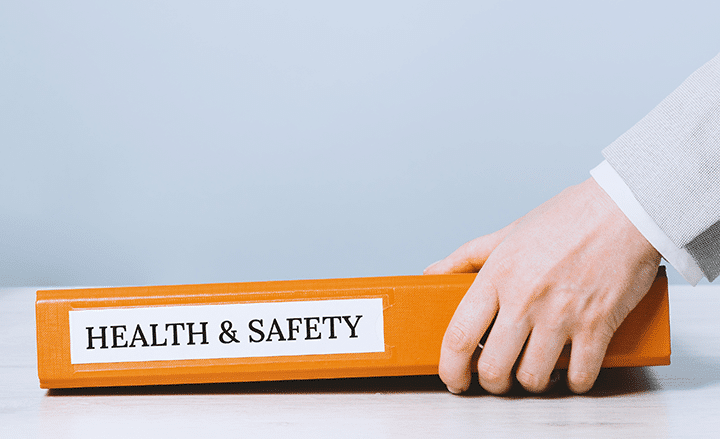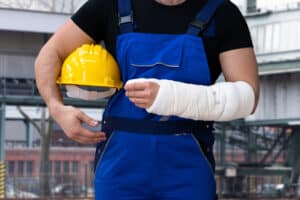
Many consider government regulations in the workplace to be pure bureaucratic obstacles, offering dubious protection to employees and consumers, and driving companies to layoffs and bankruptcy through the high cost of compliance. Yet both critics and supporters of regulation have historically tended to base their claims on assumptions and anecdotal evidence. Yet now, a new study aiming to generate objective results has shown that random safety inspections do in fact improve safety without causing unnecessary expense or layoffs. The article, published in the peer-reviewed journal Science, claims that the randomized, controlled study could become a model for evaluating whether proposed future regulations are apt to be effective.
Workplace Inspections
The majority of workplace inspections are conducted by OSHA (the Occupational Safety and Health Administration), which is a federal agency in charge of establishing and enforcing workplace safety standards. Yet the effectiveness of these inspections is hard to evaluate in an unbiased manner, according to Michael Toffel, an environmental management analyst at Harvard. Most safety officials don’t inspect companies in a genuinely random fashion; rather, they focus on those with a record of accidents and safety violations, or target businesses where employees have filed complaints. Following workplace inspections, injury rates generally fall back to the same state they were at prior to the incident, even when there is no OSHA inspection. Therefore, researchers could infer that workplace inspections played a bigger part in the reduction of injuries than they actually did.
And yet, as Toffel explains, if OSHA found inadequate documentation in the course of workplace inspections, it would mandate better record keeping from the company—and this, in turn, can often result in more injuries being reported. For instance, in the 1980s, following a series of multimillion-dollar fines on several large manufacturing plants for faulty record-keeping, injury reports in other plants more than doubled. And so a look at these sites would create the impression of inspections leading to an uptick in injuries.
Toffel produced a more objective view of the issues by working with California’s Division of Occupational Safety and Health, which conducts random inspections of workplaces. His research team used workers’ compensation claims taken from a period ranging from 4 years before to 4 years after those inspections to calculate illness and injury rates. They also analyzed injuries during the same period for businesses that had no safety inspections.
By comparing the workplaces that underwent random inspection to the control group, researchers found that the former group saw workplace injuries decline by about 9% after the inspection. Furthermore, the cost of the injuries—including medical treatment, workers compensation premiums and missed work—dropped by 26%. Investigators also drew on financial data from Standard & Poor’s in determining that inspections had no impact on employment, earnings, or the success of the company.
“Our study suggests that randomized inspections work as they’re meant to, improving safety while not undermining the company’s ability to do business,” says Toffel. “Now we’d like to get more data to see exactly how inspections reduce injuries, and to investigate what kinds of companies would get the most or least benefit from safety regulation.”
When To Hire An L&I Attorney
If you need a Seattle L&I lawyer to help you manage your claim, the attorneys at Emery | Reddy can offer experienced legal counsel for your denied L&I claim, mandatory Independent Medical Examination, or third-party claim. Call our legal team today for a free case review.




